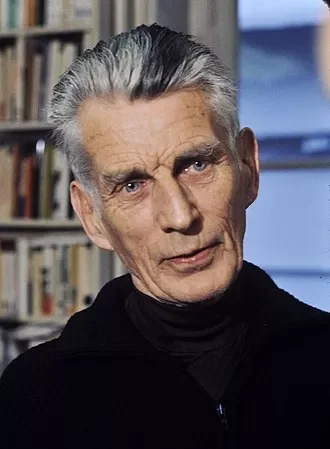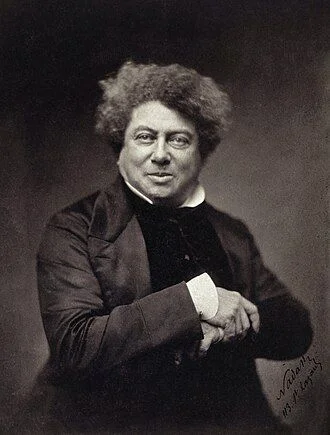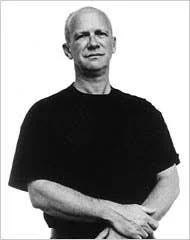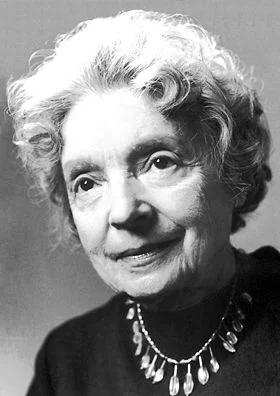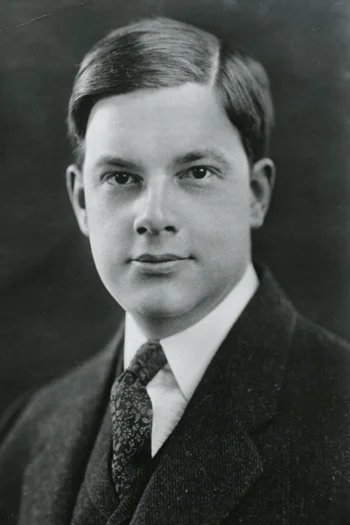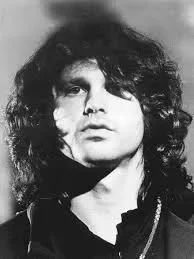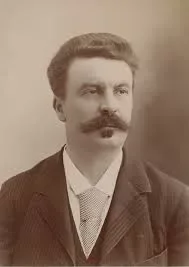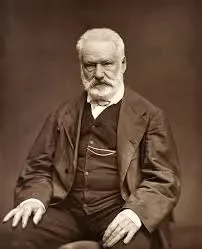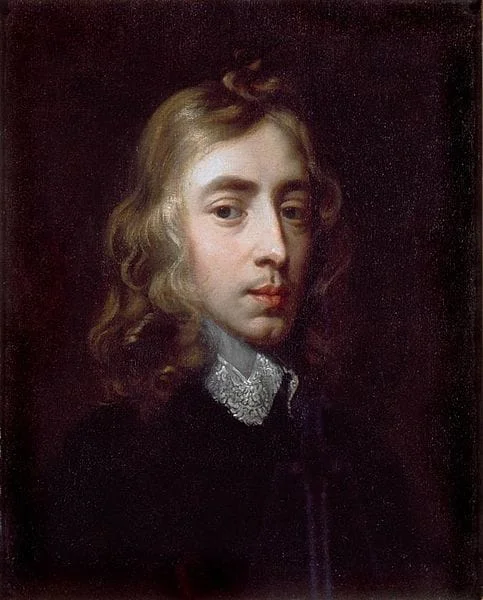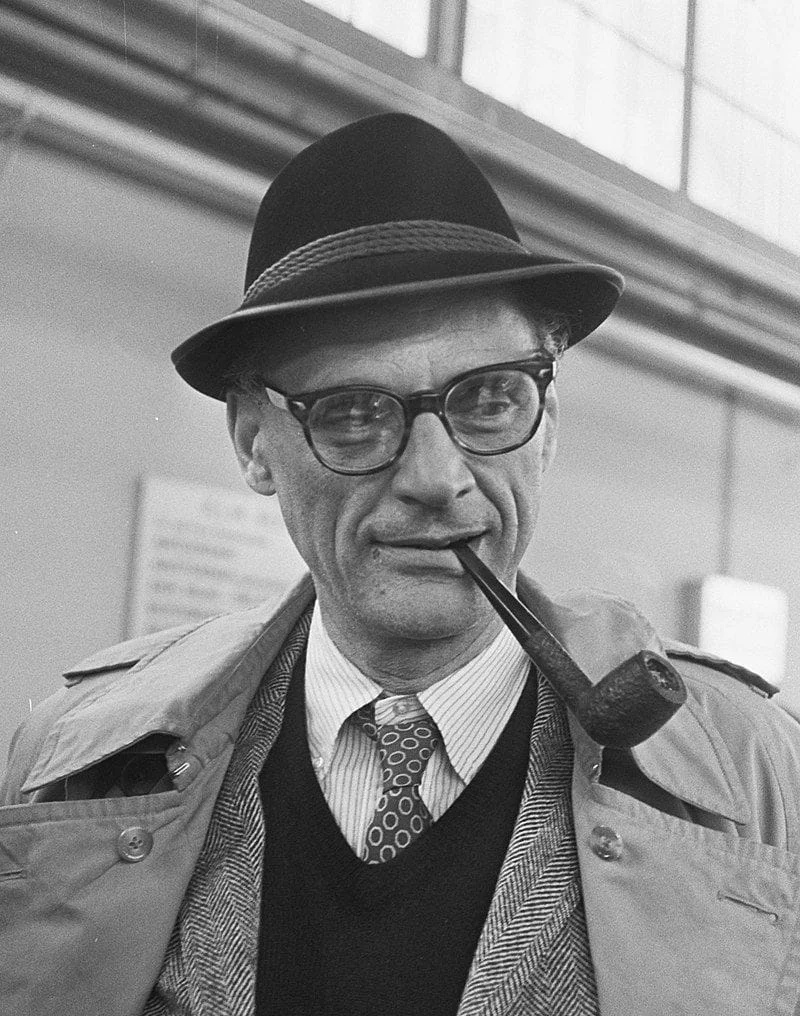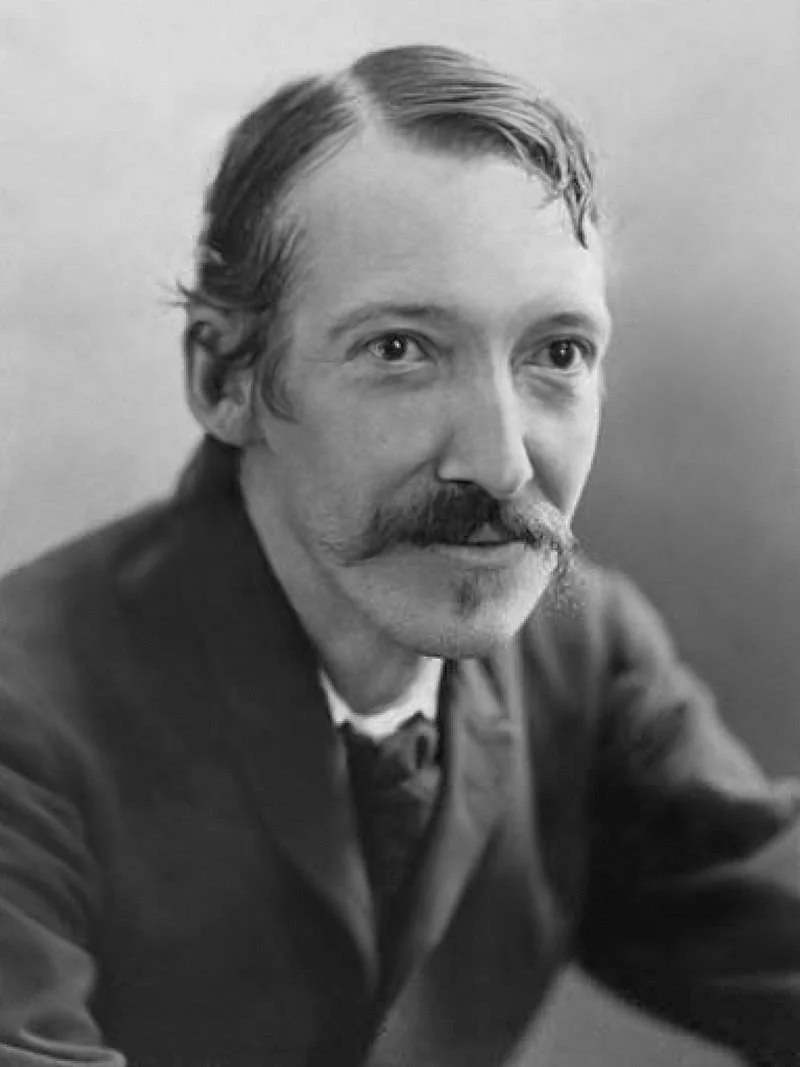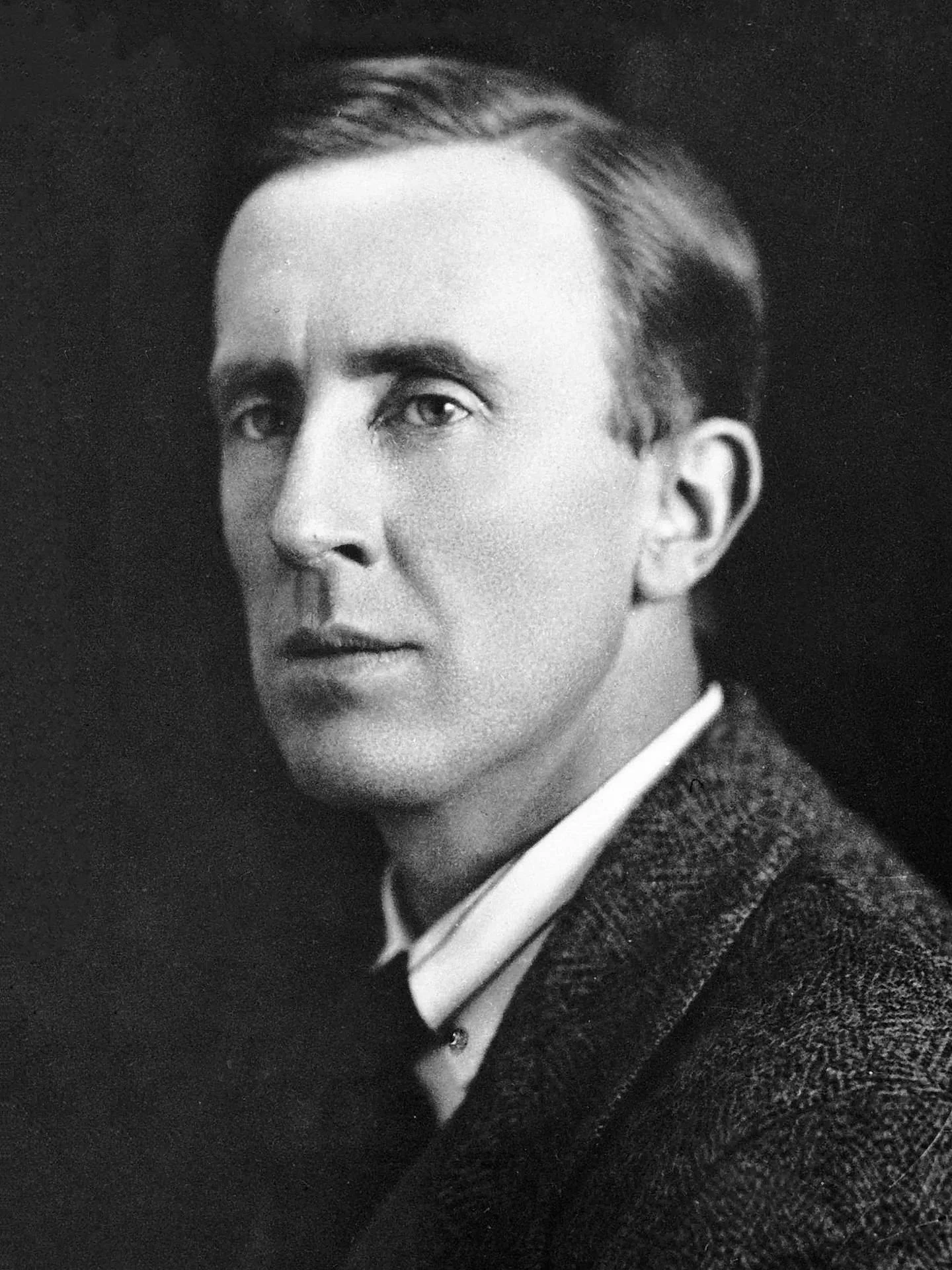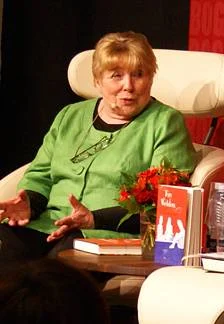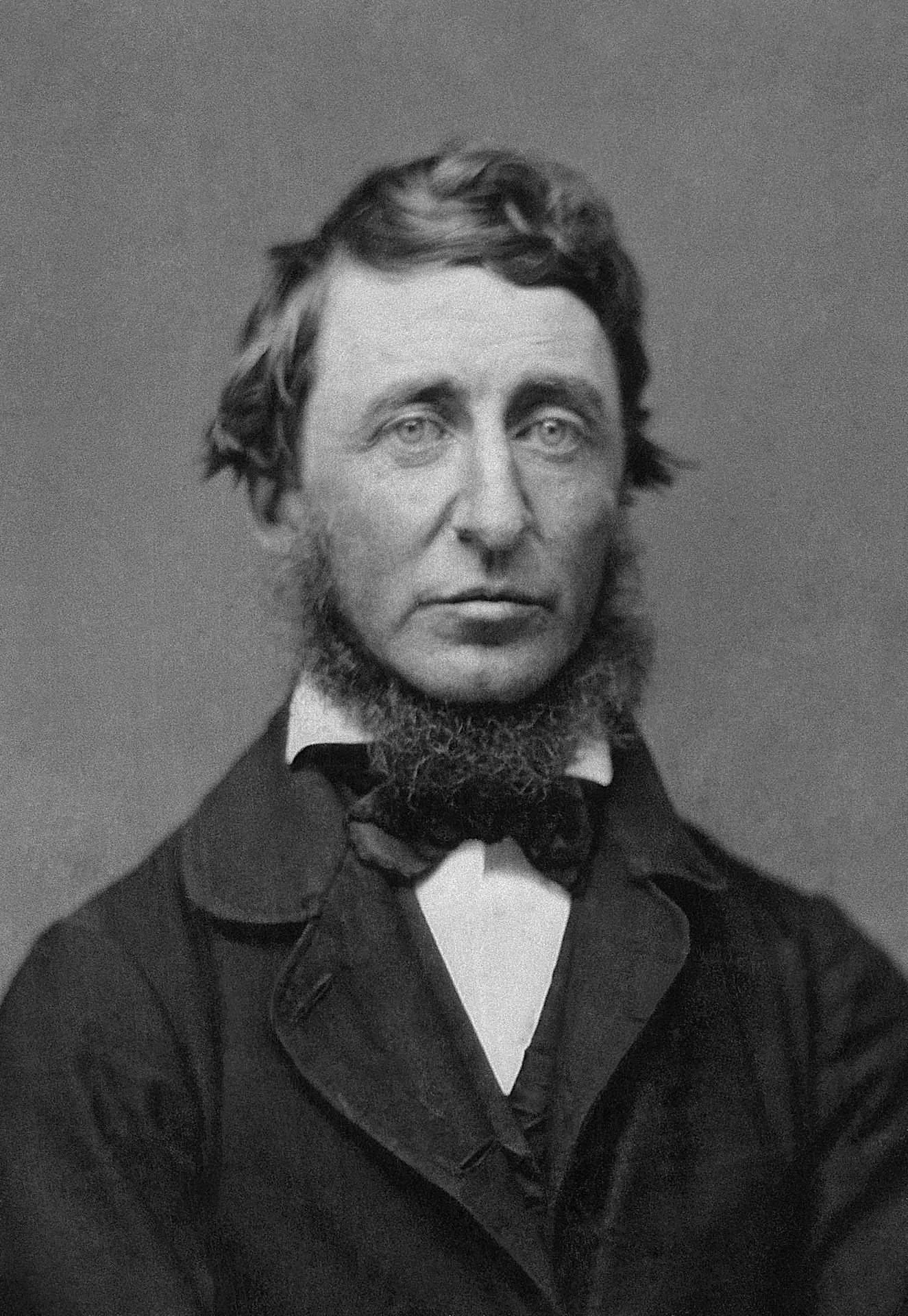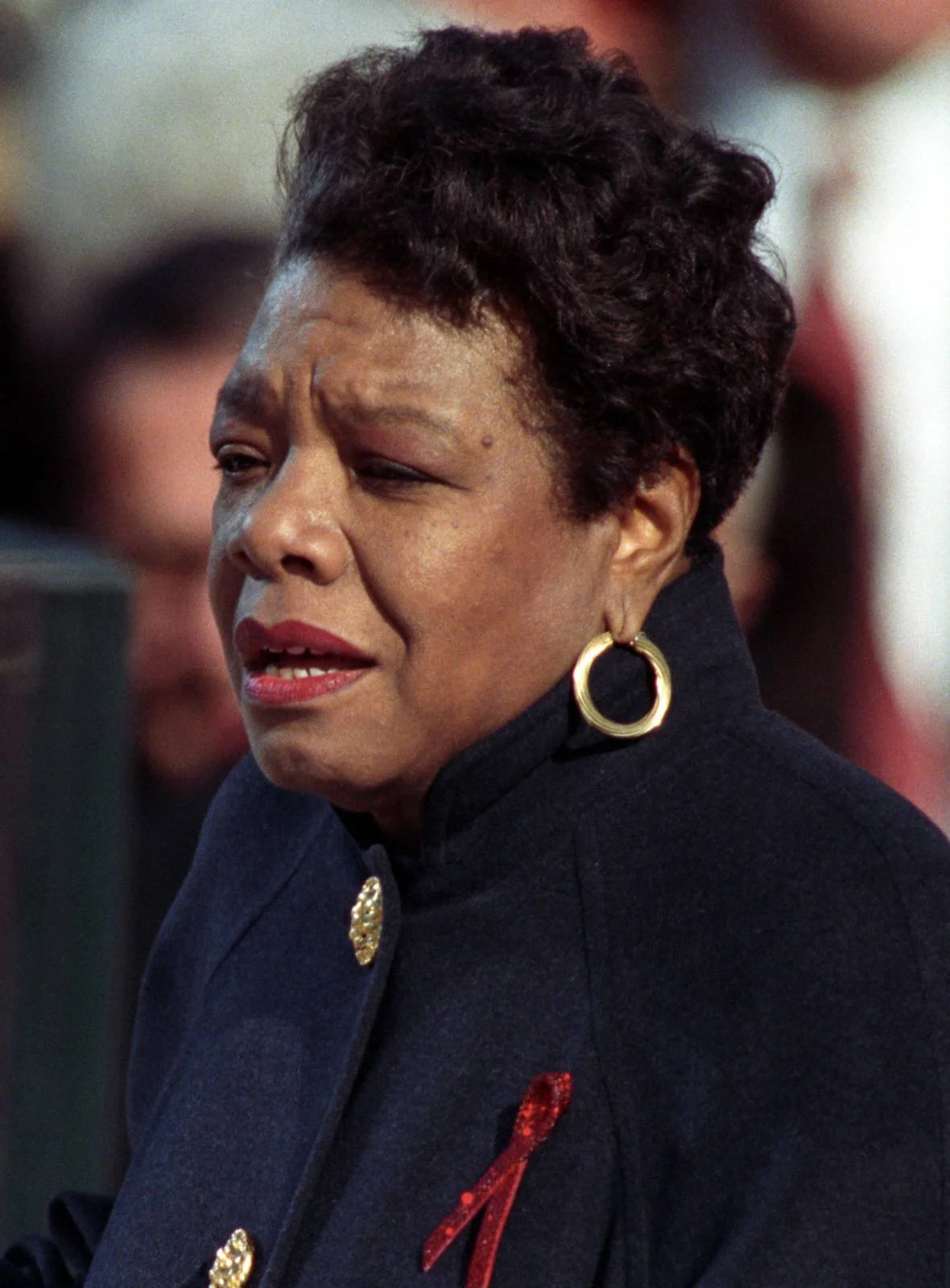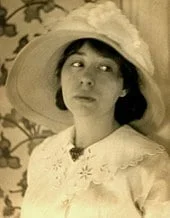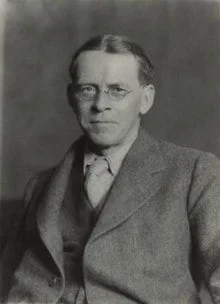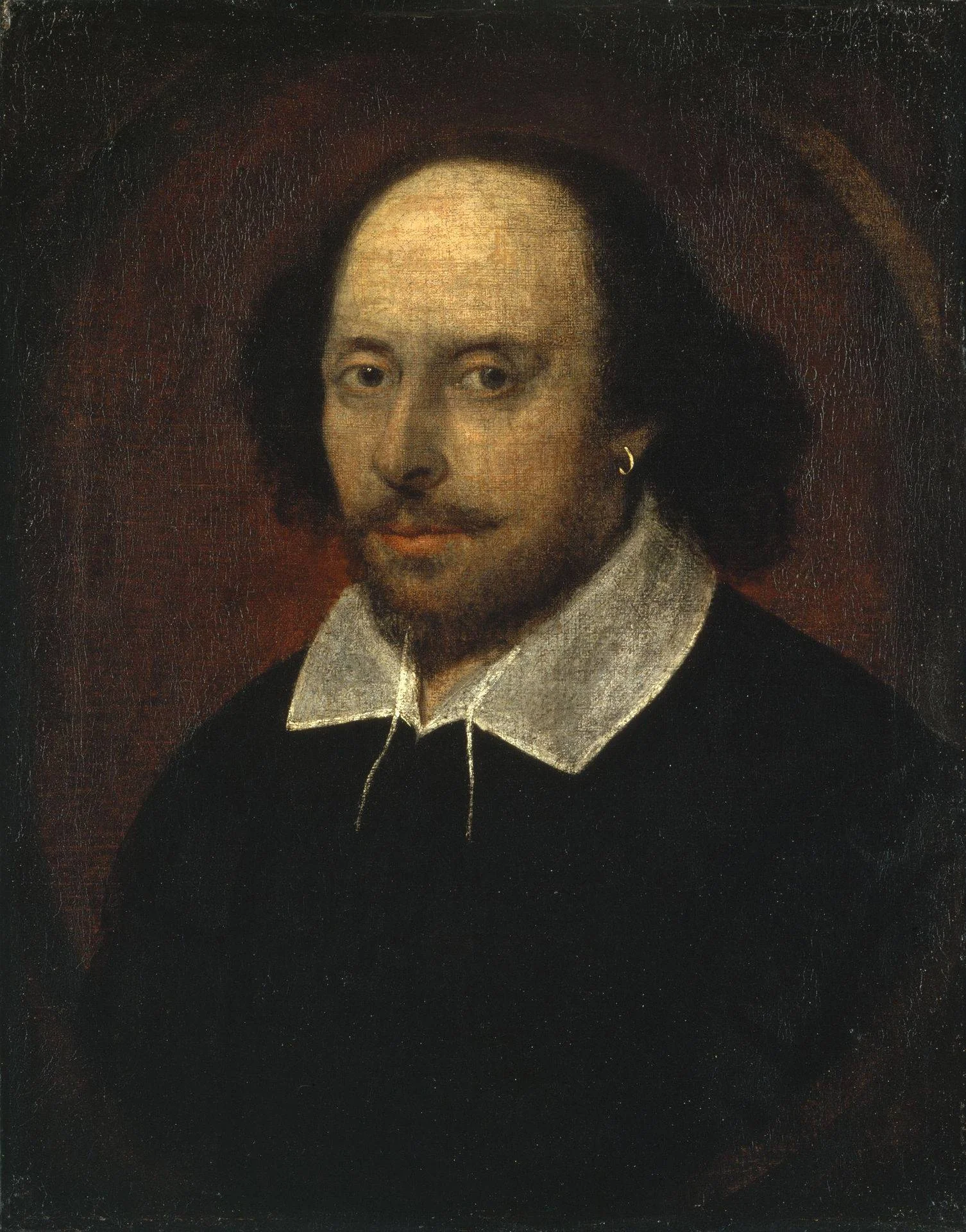Real Celebrities Never Die!
OR
Search For Past Celebrities Whose Birthday You Share
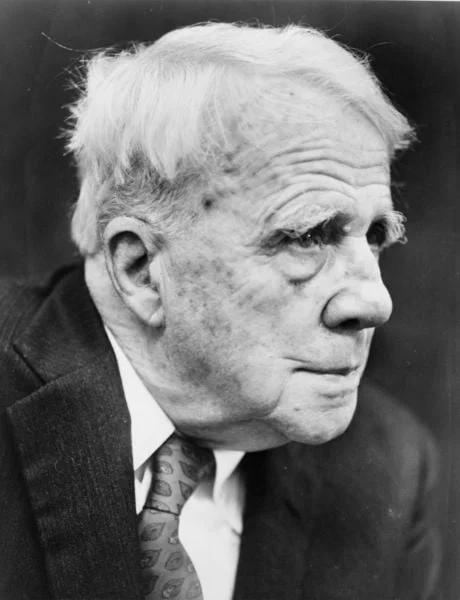
source:wikipedia.org
Robert Frost
Birthday:
26 Mar, 1874
Date of Death:
29 Jan, 1963
Cause of death:
Complications from prostate surgery
Nationality:
American
Famous As:
Playwright
Age at the time of death:
88
Robert Frost's Quote's
Early Life and Challenges
Robert Frost, an iconic American poet, was born on March 26, 1874, in San Francisco, California. His early life was marked by tragedy, with his father’s death due to tuberculosis when Frost was only eleven. The family faced financial challenges, prompting them to move to Lawrence, Massachusetts. Despite these hardships, Frost developed a love for literature, particularly poetry, during his high school years.
Beginning of His Literary Career
In 1894, Frost sold his first poem, “My Butterfly: An Elegy,” to *The Independent*, igniting his passion for writing. However, it wasn’t until 1913, at the age of 39, that he published his first poetry collection, “A Boy’s Will.” This marked the beginning of a remarkable literary career that spanned several decades.
Style and Themes in His Poetry
Frost’s poetry is often characterized by its use of rural New England settings, poignant observations of nature, and deep reflections on human existence. His mastery of traditional poetic forms, such as blank verse and rhyme, set him apart in the modernist literary landscape. Notable works like “The Road Not Taken,” “Stopping by Woods on a Snowy Evening,” and “Birches” have become timeless classics, celebrated for their rich imagery and profound themes.
Professional Life and Influences
Professionally, Frost had a diverse career. He attended Dartmouth College and Harvard University but left before completing a degree. Over the years, he worked as a teacher, cobbler, and farmer, gaining experiences that would later influence his poetry. Frost’s ability to capture the complexities of rural life and the human condition reflected his deep connection to the land and its people.
Life in England and International Recognition
In 1916, Robert Frost moved to England, where he found recognition and admiration within literary circles. His time abroad significantly influenced his poetic style and vision. Two years later, he returned to the United States, receiving critical acclaim for his collection “Mountain Interval” (1916).
Rise to Prominence and Pulitzer Prizes
The 1920s and 1930s marked Frost’s rise to prominence, earning him four Pulitzer Prizes for Poetry in 1924, 1931, 1937, and 1943. His poetry resonated with a wide audience, and he became a popular figure in American literature. Frost’s readings drew large crowds, and his eloquent delivery added another layer to the emotional depth of his poems.
Personal Loss and Emotional Depth
Despite his success, Robert Frost faced personal hardships, including the death of his wife, Elinor, in 1938. This loss deeply affected him, and he channeled his grief into his poetry. The poem “Provide, Provide” is a poignant reflection on mortality and the inevitability of loss, showcasing Frost’s ability to turn personal pain into universal themes.
Reading at the Presidential Inauguration
In 1960, at the inauguration of President John F. Kennedy, Frost became the first poet to read at a presidential inauguration. His poem “The Gift Outright” resonated with the spirit of the nation and set the tone for a new era.
Later Years and Continued Influence
Robert Frost continued to write and publish into his later years. He received numerous honors, including the Congressional Gold Medal in 1960. His poems explored themes of choice, individualism, and the ever-present struggle between darkness and light.
Legacy and Death
On January 29, 1963, Robert Frost passed away at the age of 88 in Boston, leaving behind a legacy that transcends generations. His contributions to American literature have solidified him as one of the preeminent poets of the 20th century. Frost’s ability to capture the essence of human experience, coupled with his profound understanding of nature and the human psyche, ensures that his work remains a source of inspiration for readers and aspiring poets alike.
Name:
Robert Frost
Popular Name:
Robert Frost
Gender:
Male
Cause of Death:
Complications from prostate surgery
Spouse:
Place of Birth:
San Francisco, California, U.S
Place of Death:
Boston, Massachusetts, U.S.
Occupation / Profession:
Personality Type
Protagonist: Charismatic and inspiring leaders, able to mesmerize their listeners. Readers found his poems admirable.
Frost is one of the few poets who received four Pulitzer Prizes for Poetry during his lifetime.
Frost was not only a poet but also tried his hand at farming
His first poem, "My Butterfly: An Elegy," was published in a New York newspaper when he was only 17
Robert Frost made history in 1961 when he became the first poet to read at a presidential inauguration.
Bollingen Prize for Poetry
Congressional Gold Medal
Nominated for Nobel Prize in Literature 31 times
Pulitzer Prizes for Poetry

